Each year, World Water Day (March 22) aims to celebrate water and raise awareness of the 2.2 billion people living without access to safe water.
The United Nations created the day in 1993, with the goal of tackling a global water crisis that continues to intensify as a result of climate change. The UN also uses the occasion to release an annual report analyzing sustainable water policies and offering best practices. This year, the focus is groundwater.
Here at The Story Exchange, we’ve been keeping an eye on innovative women working on the frontlines of the water crisis. Many of the women cited below were recipients of our first-ever Women In Science Incentive Prize, which supports female scientists working in climate change adaptation and mitigation.
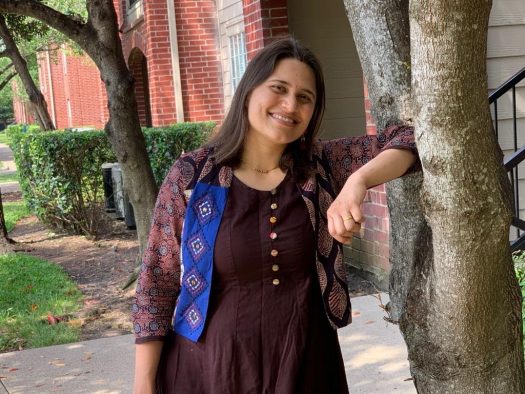
Pratiksha Dongare has developed a system that effectively removes salt and other minerals from brackish water using solar energy and nanophotonics. (Credit: Courtesy of Pratiksha Dongare)
Pratiksha Dongare
In her hometown in central India, Pratiksha Dongare ran her first real-world science experiment — engineering “soak pits” to treat wastewater sustainably — when she was just in ninth grade. “I always wanted to do research in something that will help the world but I had no idea how I [would] do it,” Dongare says. She eventually came to Rice University in Texas, where she has taken a cutting-edge approach to solar-driven desalination.
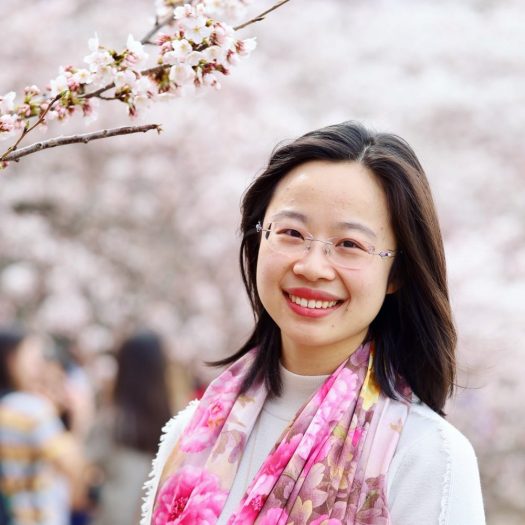
Cindy Hu has created a website – whatisinmywater.org – that offers people an intimate view of the substances in their water supply. (Credit: Courtesy of Cindy Hu)
Cindy Hu
When Cindy Hu arrived in the U.S. from China for graduate studies, she was amazed at how people could drink straight from the tap – and how little people thought about what was in their water. She honed in on the lack of drinking water monitoring data, eventually launching Whatisinmywater.org, designed to be a one-stop resource for information on contaminant occurrence, health impacts and solutions. “It’s really important to make the information available so that consumers can make the best decisions,” she says.
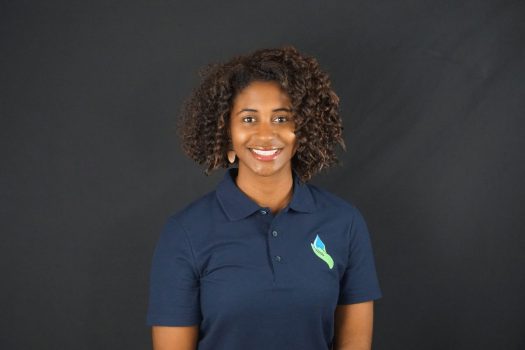
Brittany Kendrick founded Hydronomy in 2019. The system to clean water is decentralized, off-the-grid and based in individual households, especially Black and brown neighborhoods. (Credit: Courtesy of Brittany Kendrick)
Brittany Kendrick
Growing up on Chicago’s South Side, Brittany Kendrick was always aware of water – especially the high levels of water contamination in her neighborhood. Today, she is the founder of Hydronomy, a startup that grew out of her master’s project at New York University. The company creates solar-powered water generators to deliver clean water to people who need it. “Our intent is that the people who are the most vulnerable get the product first,” she says.

Using hydrological modeling techniques she created, Zhiying Li is able to predict how water volume may change over decades in several hundred US watersheds. (Credit: Courtesy of Zhiying Li)
Zhiying Li
As a young girl in Southern China, Zhiying Li was captivated by the spectacular scenery of her hometown, especially the limestone pinnacles rising dramatically amid rushing rivers. She aspired to be a scientist focused on water conservation, even though her parents urged her to follow a more traditional path for women, and eventually obtained a PhD at Ohio State. Nowadays, Li uses hydrological modeling techniques to predict how water volume may change and affect lives and livelihoods. “I do this research out of a labor of love,” she says.
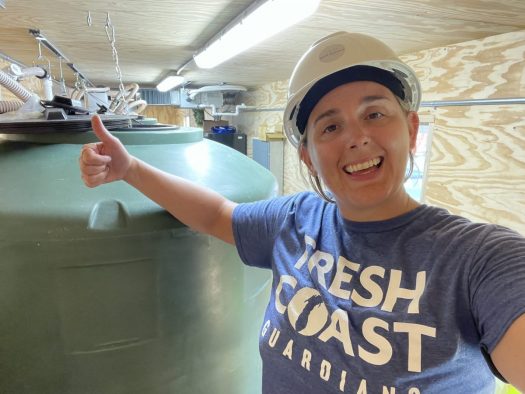
Paige Peters of Rapid Radicals Technology LLC. (Credit: Paige Peters)
Paige Peters
Paige Peters recalls being speechless a few years back, when an adviser at Marquette University suggested that she take her Master’s project — developing new technology that can treat wastewater in less than 30 minutes, critical when there’s an intense storm — and turn it into a company. “I had absolutely no background in [entrepreneurship],” Peters says, and didn’t want to “take on risk or derail my academics.” But she also thought: “Maybe I can do this.” Today, she is the founder of Rapid Radicals Technology LLC.
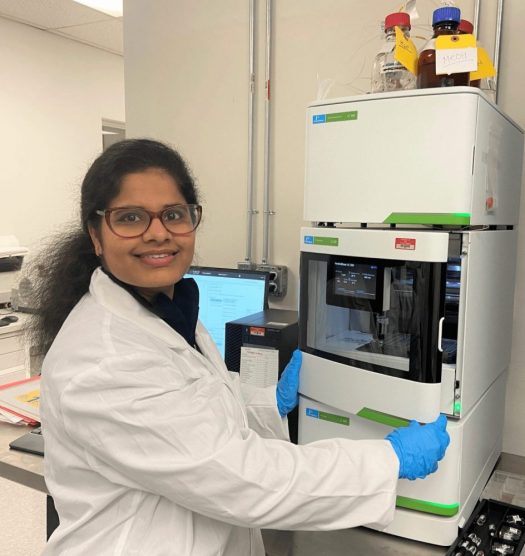
Priyanka Sharma at Stony Brook University is researching how to use plant leaves as filters for clean water. (Credit: Courtesy of Priyanka Sharma)
Priyanka Sharma
Priyanka Sharma has spent the past six years developing a unique water filtration system using the cellulose of plant “biomass” – the natural, organic material that comes from plants. Not only can this matter be used to purify water for drinking, but it can also be use to remediate degraded environmental landscapes. “I just wanted to find out how we can efficiently utilize nature’s gift that is the plant,” she says. “It’s the cheapest solution, it’s the easiest solution.”
Meena Sankaran
Growing up in India, clean water was always top of mind for entrepreneur Meena Sankaran. “My mom would boil the water three times [a day] for cooking and four times for drinking,” she says. Sankaran, who came to the U.S. in 2002 to pursue graduate studies, is now the founder of Ketos, a 5-year-old startup in Milpitas, California, that provides real-time intelligence on water usage and safety — and aims to prevent water crises like the one a few years back in Flint, Michigan.

